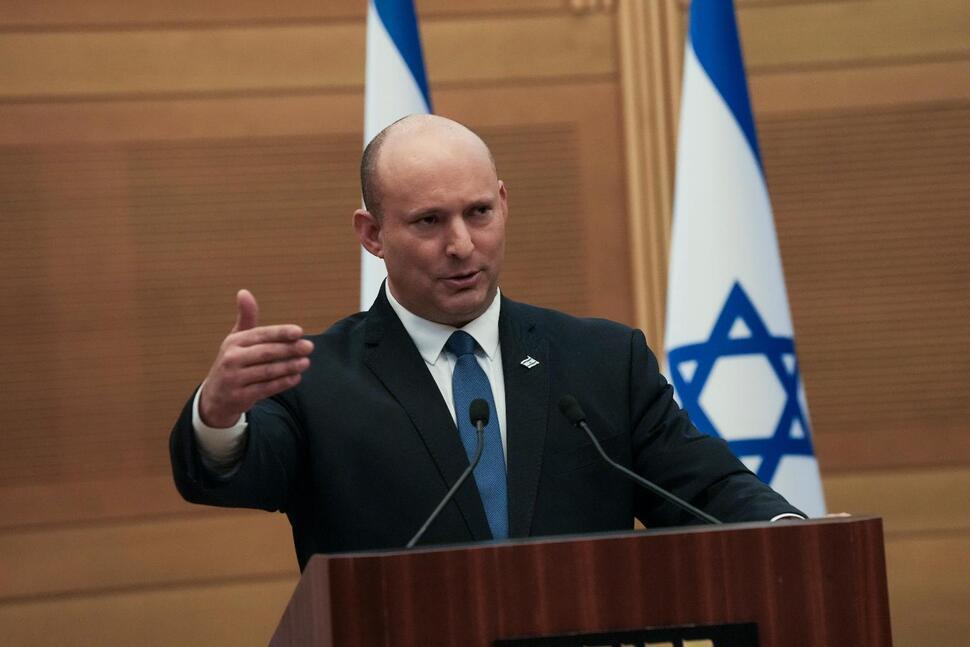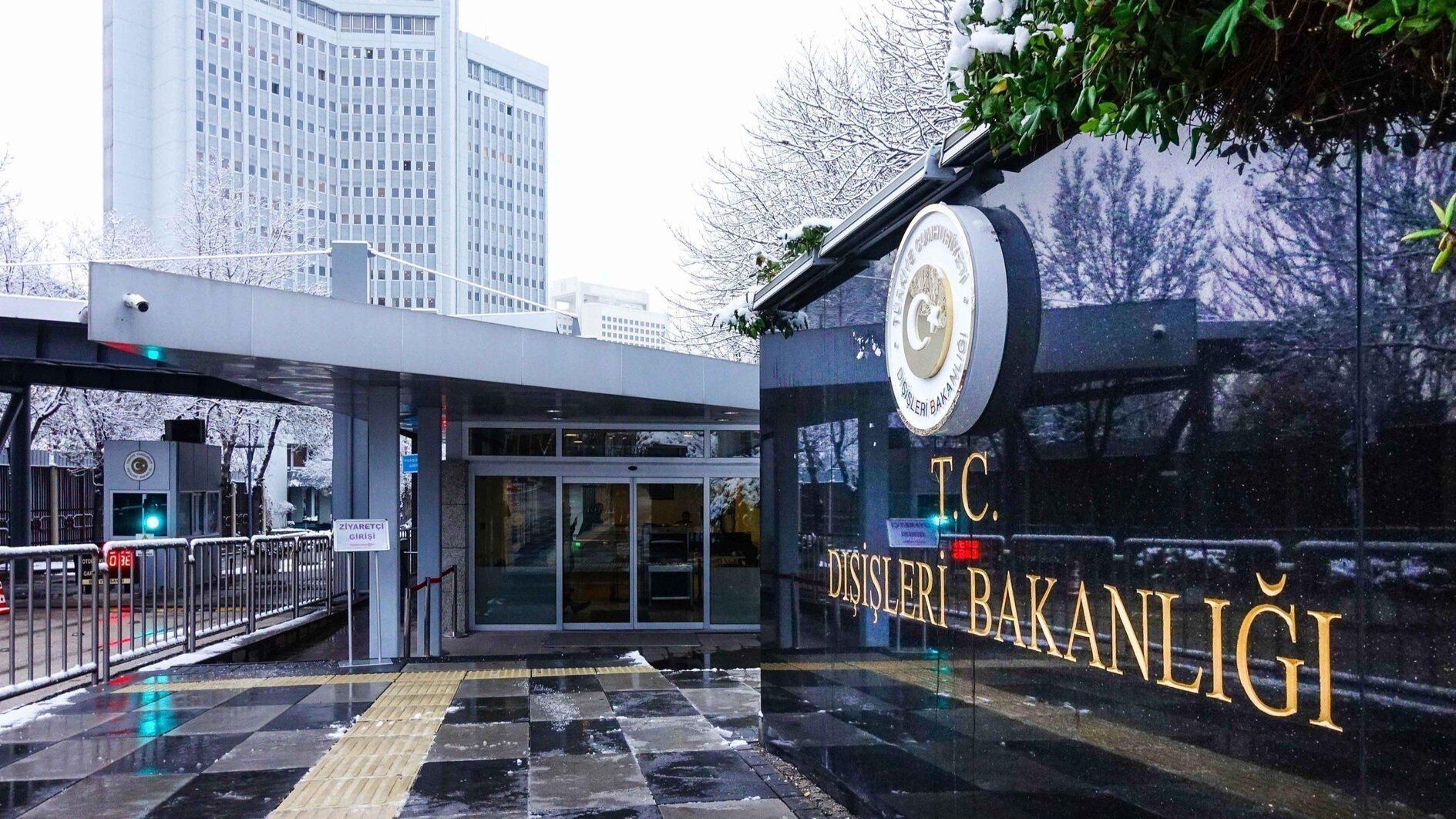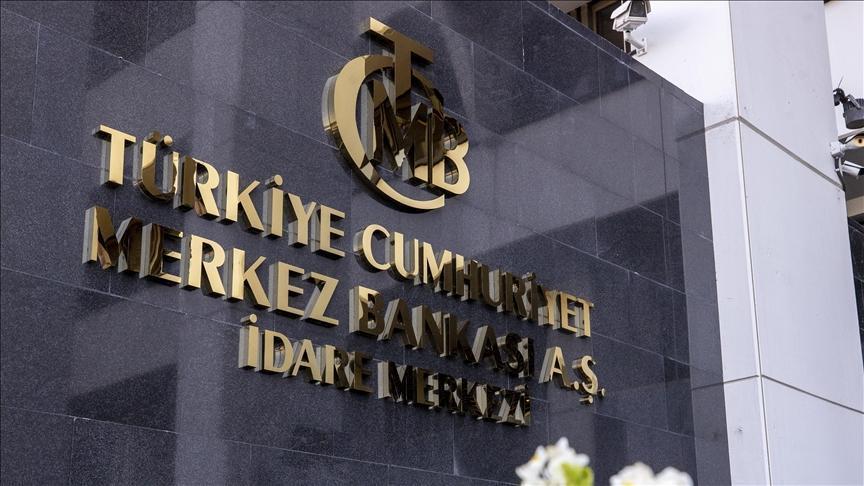Israel to dissolve parliament, call 5th election in 3 years
JERUSALEM

Israel’s weakened coalition government announced Monday that it would dissolve parliament and call new elections, setting the stage for the possible return to power of former Prime Minister Benjamin Netanyahu or another period of prolonged political gridlock.
The election will be Israel’s fifth in three years, and it will put the polarizing Netanyahu, who has been the opposition leader for the past year, back at the center of the political universe.
“I think the winds have changed. I feel it,” Netanyahu declared.
The previous four elections, focused on Netanyahu’s fitness to rule while facing a corruption investigation, ended in deadlock. While opinion polls project Netanyahu, who is now on trial, as the front-runner, it is far from certain that his Likud party can secure the required parliamentary majority to form a new government.
Prime Minister Naftali Bennett, a former ally and aide of Netanyahu, formed his government a year ago with the aim of halting the never-ending cycle of elections. But the fragile coalition government, which includes parties from across the political spectrum, lost its majority earlier this year and has faced rebellions from different lawmakers in recent weeks.
Announcing his plan to disband the government during a nationally televised news conference, Bennett said he had made “the right decision” in difficult circumstances.
“Together, we got Israel out of the pit. We accomplished many things in this year. First and foremost, we brought to center stage the values of fairness and trust,” Bennett said, standing alongside his main partner, Foreign Minister Yair Lapid. “We shifted to a culture of ‘we,’ ‘together.”’
Under their coalition deal, Lapid, who heads the large centrist party Yesh Atid, now becomes the interim prime minister until the election, in which he is expected to be the main rival to Netanyahu.
Standing together with Bennett, he thanked his partner for his hard work and for putting the country ahead of his personal interests.
“Even if we’re going to elections in a few months, our challenges as a state cannot wait,” Lapid said. “What we need to do today is go back to the concept of Israeli unity. Not to let dark forces tear us apart from within.”
Bennett’s coalition included a diverse array of parties, from dovish factions that support an end to Israel’s occupation of lands captured in 1967 and claimed by the Palestinians, to hard-line parties that oppose Palestinian statehood.
Many of the parties had little in common beyond a shared animosity to Netanyahu. Often described as a political “experiment,” the coalition made history by becoming the first to include an Arab party.
Bennett listed his government’s accomplishments, including passing a national budget for the first time in three years and leading the country through two waves of the coronavirus without imposing a lockdown. Under his watch, Israel’s tense border with the Gaza Strip remained largely quiet, though tensions with the Palestinians escalated in east Jerusalem and the occupied West Bank. His Arab partner, the Islamic Ra’am party, secured unprecedented budgets to fight poverty, neglect and discrimination in Israel’s Arab sector.
On the international stage, Bennett repaired Israel’s bipartisan standing in Washington, which suffered after Netanyahu’s close ties with former President Donald Trump. He deepened fledgling ties with Gulf Arab countries, repaired frayed relations with Egypt and Jordan, and claimed to have prevented the United States from reviving an international nuclear deal with Iran. Bennett even briefly emerged as a mediator in the Russia-Ukraine war.
Despite its successes, the coalition eventually unraveled, in large part because several members of Bennett’s own hard-line party objected to what they felt were his pragmatism and moderation.
Netanyahu, meanwhile, whipped up the opposition by accusing Bennett of cooperating with “terror supporters”, a reference to his Arab partners in the coalition. A Netanyahu supporter was arrested last month on suspicion she sent death threats and bullets to Bennett’s family in the mail.
Palestinian citizens of Israel make up about 20% of the country’s population but are often seen as a fifth column and have never before been part of a coalition. Although Netanyahu himself had also courted the same Islamist party last year, the criticism appeared to make some of the hard-line members of Bennett’s coalition uncomfortable.
The final blow to the government was the looming expiration of a law that grant Israel’s West Bank settlers special legal status.
The law underpins separate legal systems for Jews and Palestinians in the West Bank, a situation that three prominent human rights groups say amounts to apartheid. Israel rejects that allegation as an attack on its legitimacy.
Parliament had been set to extend the law earlier this month, as it has done for the past 55 years. But the hard-line opposition, comprised heavily of settler supporters, paradoxically voted against the bill in order to embarrass Bennett.
Dovish members of the coalition who normally oppose the settlements voted in favor in hopes of keeping the government afloat.
But a handful of coalition members, including Arab lawmakers as well as hard-line nationalists, either abstained or voted with the opposition to defeat the bill and cause the coalition to rip apart.
Bennett, a former settler leader, said there would have been “grave security perils and constitutional chaos” if he had allowed the law to expire at the end of the month. “I couldn’t let that happen,” he said.
Bennett and Lapid will now present a bill to dissolve parliament in the coming days. Once that passes, the country will head to an election, most likely in October.
The settler law remains in effect and will not expire if the government collapses.
Netanyahu described the imminent dissolution of parliament as “great tidings” for millions of Israelis, and he said he would form “a broad nationalist government headed by Likud” after the next election.
But he also vowed to try to form an alternative government before the parliamentary vote by trying to persuade some of his opponents to support him. The odds of that appeared slim, given their past never to serve under Netanyahu while he is on trial.
“There’s a need to rehabilitate the state of Israel, and we have the ability to do it,” Netanyahu said.
The dissolution threatened to overshadow a visit by President Joe Biden scheduled for next month. A statement issued by Biden’s National Security Council said he “looks forward to the visit.”
Israel held four inconclusive elections between 2019 and 2021 that were largely referendums about Netanyahu’s ability to rule while on trial for corruption. Netanyahu denies wrongdoing.
Opinion polls have forecast that Netanyahu’s hard-line Likud will once again emerge as the largest single party. But it remains unclear whether he would be able to muster the required support of a majority of lawmakers to form a new government.
Yohanan Plesner, president of the Israel Democracy Institute, said Monday’s developments were “a clear indication that Israel’s worst political crisis did not end when this government was sworn into office.”
















